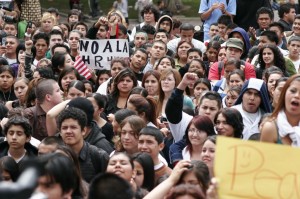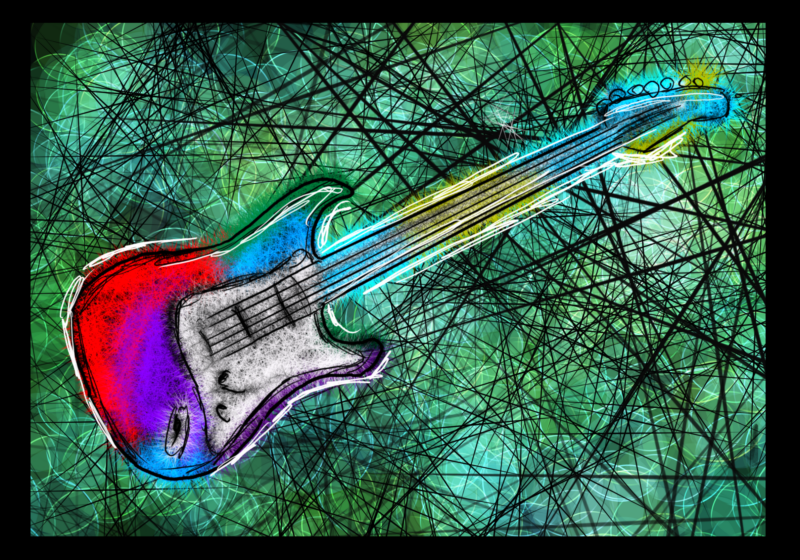Despite the fact that our nation has been experiencing a generationally unprecedented social mobilization in the form of university occupations, UR’s campus has been remarkably quiet. One of the main reasons is that our school is a bastion of libertarian thought, which is by definition opposed to the Occupy movement.
One of the main libertarian concerns with the Occupy Wall Street (OWS) movement is the protestors’ decision to protest in New York instead of Washington, D.C. If they are not just protesting against the concept of wealth — which they are not — but instead pushing for a political solution, why not set up camp in the heart of American politics?
Aside from the fact that this question completely misinterprets the motivation behind spectacle-oriented shows of a protest like OWS — in itself symptomatic of our generation’s total lack of political involvement — it actually raises an interesting issue.
Why was it that so many occupations were evicted in the past two weeks? Putting to rest silly justifications that they were unruly mobs or drug-using havens, why is it that the U.S. Department of Homeland Security engaged in a nation-wide, organized crackdown on OWS that involved hundreds of students being beaten to a pulp and blinded by pepper spray? What does protesting against the banks have to do with a police jackboot being shoved on your throat?
Their reaction is merely an indication of the wider reality that financial capital and the state are tightly wedded. Except to the willfully blind, it is obvious that a corporation, legally required to maximize profit, will seek to effect political outcomes that benefit its profit margins. That may help explain why we live in a society where a homeless man in Louisiana and Bernie Madoff, who, respectively, stole a $100 bill and $65 billion, both received more than 15 years in prison, while Paul R. Allen, an investment tycoon who defrauded $3 billion, received only 40 months. The former stole from the rich, the latter two from the poor.
The fact that libertarians tacitly and smugly condone the crackdown raises some serious questions about their commitments to liberty and also shows how our politicians, in no way interested in the libertarian ideal, can so easily co-opt libertarians into their agenda.
Exhibit A would be Ron Paul, the only serious contender for the Republican presidential nomination who is a libertarian. Despite being against imperialism and interventions, he shares most of his colleagues’ bigotry (both liberal and right-wing), evidenced by his position that student visas should be evaluated based on the student’s nationality — as if the gold letters on a passport determine a human being’s propensity for mindless violence and hatred.
More broadly, there are two types of libertarians: those who adopt the ideology in order to defend their privilege, and those who are sincerely committed to its noble goals. The former are mostly a product of several generations of semi-literate whites bred on neoliberalism, marinated in an acid bath of a suffocatingly sterile, suburban culture. The latter are just wrong.
For the noble-minded ones, sympathy and empathy are in order. We are all brought up in a culture where the norm is to be a white middle-class suburban nuclear family. Advertisers and politicians relentlessly push choices on us, but they are choices without consequences and thus not choices at all — part and parcel with free market fundamentalism. The choice between social conformity and individual freedom is a false one. There are collective rights that increase our liberty, but these rights are the antithesis to American-style libertarianism.
Until we make some real choices as a group — choices that will probably not include incinerating children in Pakistan to combat opaquely defined brown-skinned foes or maiming college students for exercising their fundamental rights — our freedom is but a shell of what it should be.
Boianov is a member of
the class of 2012.






